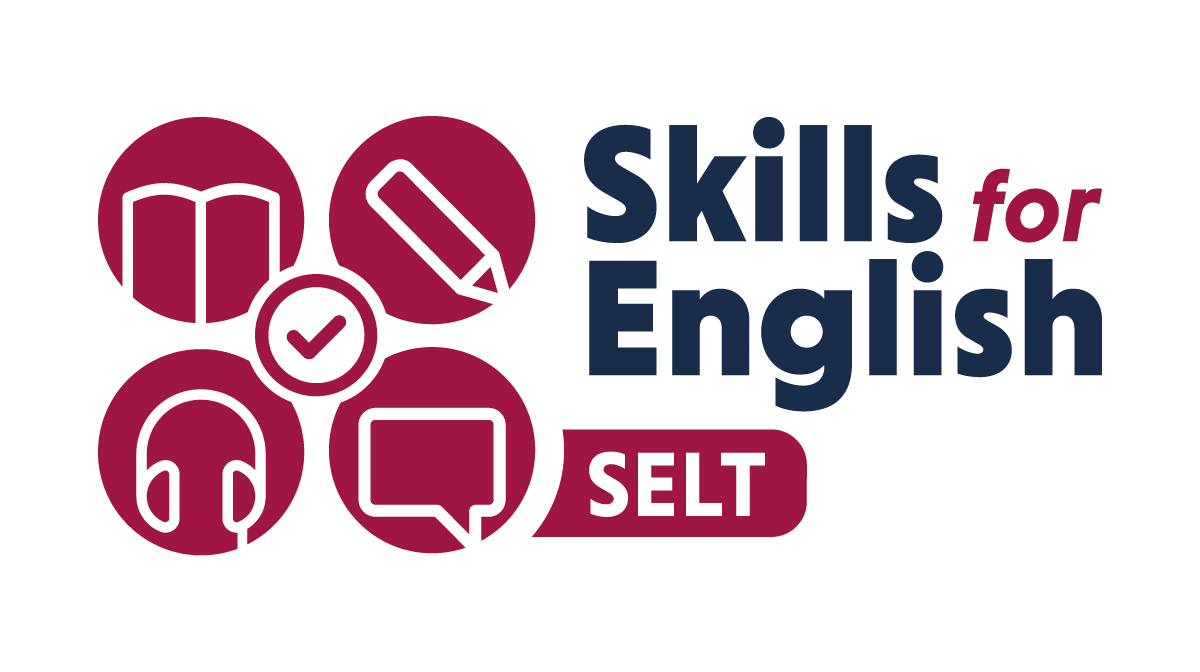Changing countries for a new job is a dream that many people share. Luckily, if you have ever considered moving to the UK to pursue a new role, the British government has launched a new scheme that might help.
The Scale-up visa for the UK is making it easier than ever for fast-growing businesses to sponsor talented people to work for them in Britain.
What follows is the ultimate guide to the UK’s Scale-up visa and how to make the most of it.
What is a scale-up worker visa?
Scaleups, or scale-up companies, are businesses that have enjoyed some initial success and are now firmly in their ‘growth phase.’ The Scale-up visa for the UK established by the British government lets potential employees and their families move to the United Kingdom for between six months and two years.
Growth-phase businesses or scaleups that are exhibiting impressive results can sponsor individuals for jobs from a list of eligible roles which meet salary thresholds.
Why is the Scale-up UK visa being introduced now?
The Scaleup Institute think tank, has for years insisted on a UK scale-up visa. The organisation, which has worked with the British government on developing the visa, says the new migration rules will align the supply of talent with the needs of ambitious scale-up businesses across the country.
Half of all UK scaleups employ staff from the European Union (EU), while 49% say it is ‘vital’ for them to maintain access to EU talent pools, according to findings from the 2021 Annual Scaleup Survey.
Furthermore, 40% of respondents employ staff from the rest of the world, the survey found. A fifth even said that 25% or more of their staff come from outside the United Kingdom, while 45% of scaleups argued it is either ‘very important’ or ‘vital’ that a fast track visa for overseas hiring is available.
How does Scale-up differ from other visas?
 The Scale-up visa was designed to provide fast-growing businesses in the UK with flexibility. It bears similarities to the tried and tested skilled-worker visa, but with a few differences.
The Scale-up visa was designed to provide fast-growing businesses in the UK with flexibility. It bears similarities to the tried and tested skilled-worker visa, but with a few differences.
Skilled-worker visas allow people to move to the United Kingdom for a specific role. This position must meet certain skill and salary requirements and the employer needs to have been licensed by the Home Office. The overseas applicants must also be employed by that company for the foreseeable future.
The new Scale-up visa offers more freedom. Successful visa applicants will have a licence to remain in the United Kingdom for up to two years. However, they only have to remain in the job that sponsored them for the first six months.
Once the initial two years are up, migrants can make an unsponsored visa application to remain in the UK.
The government says immigrants can apply to extend their visa by up to three years – and do this as many times as they like.
However, after five years, immigrants can apply to settle permanently in the United Kingdom. This gives migrants the right to live, work and study in Britain for as long as they want.
The role of the Scale-up visa in the development of the UK economy
The UK government hopes the new Scale-up visa will keep Britain at the forefront of emerging technology and ensuring productivity.
‘By supporting our high-growth tech, financial services and small businesses, we are ensuring the UK remains a global hub for emerging technologies and innovation while enhancing productivity across the economy,’ said Britain’s Minister for Safe and Legal Migration, Kevin Foster.
The scheme aims to support businesses looking for scientists, engineers and computer programmers, as well as workers in UK staples such as financial services.
Irene Graham, the Scaleup Institute’s Chief Executive, hailed the new visa as an opportunity to ‘provide a much-needed fasttrack service to enable local growth companies to access the talent they need more quickly.’
Why should companies choose the Scale-up visa?

There are lots of advantages to picking the Scale-up visa over options like the skilled-worker visa, according to the solicitors at Herrington Carmichael. Firstly, the Scale-up visa does not include an immigration skills charge, saving the sponsors up to £1,000 per year of the visa. It also has lower application fees.
As well as financial benefits, the British government’s new visa scheme also provides much greater flexibility for both the scale-up companies and the migrant workers.
These advantages mean that the migrant worker only has to stay at the sponsor company for six months out of the visa’s two-year validity. At the same time, the sponsor’s compliance duties to the UK government drop away after the initial six months and the migrant worker can pick up new roles in the same organisation or elsewhere without having to start the visa-application process from scratch.
The Scale-up visa is cheaper and more flexible, while still allowing migrants to bring qualifying family members on dependency visas. All these visas also pave the way for possible settlement in the UK following five years of permanent residence, making it an attractive option for workers and their families.
How can applicants and companies qualify for the new visa?
As in any visa application process, both the workers and the employers need to check their eligibility.
For the would-be migrant workers, the following is the UK government’s list of criteria for workers:
- You must have a confirmed job offer to work for an approved scale-up business for at least 6 months.
- You must obtain a ‘certificate of sponsorship’ from your employer with information about the role you’ve been offered in the UK.
- The job offer must be for a position that is on the list of eligible occupations.
- You must be paid a minimum salary in your new job.
The UK government has highlighted the following positions as eligible occupations under the Scale-up visa scheme:
- Scientists
- Engineers
- Programmers
- Software developers
- Research and development professionals
- Economists
- Architects
- Technicians
- Financial and investment advisers
This list is not exhaustive, however. You can find a complete list here.
There is one other important point concerning eligibility around pay. The position must pay the highest out of the following three options:
- A salary of £33,000 per year.
- £10.10 per hour, if you will be working more than a standard 40-hour week.
- The ‘going rate’ for the job you’ll be taking.
Information on the going rate for your job can be found here. It essentially means that if the role pays less than the typical salary for that type of job, it is not eligible for a scale-up visa.
There are also a number of criteria for the companies who wish to take advantage of the new visa. Only organisations that have hit 20% growth or more in employment or turnover year-on-year for at least three years, and which had 10 employees at the start of that period will be eligible to sponsor applicants for Scale-up visas, according to the government.
The application fee costs £715 and successful applicants will need to pay a healthcare surcharge of around £624 per year of the visa. Migrants will need to come to the UK with £1,270 available to support themselves when they initially arrive in the country.
Language requirements for the Scale-up visa
 Potential migrant workers will need to prove they have a B1 level in English. PSI, the specialist in testing, recommends that migrants applying for the Scale-up visa in the UK prepare and practise on its Skills for English website.
Potential migrant workers will need to prove they have a B1 level in English. PSI, the specialist in testing, recommends that migrants applying for the Scale-up visa in the UK prepare and practise on its Skills for English website.
A Scale-up visa applicant with a B1 level in English will be able to understand the main points of ‘clear standard input on familiar matters’ that are regularly encountered in their company or position. The Skills for English platform helps workers find their current level, providing the means to advance to B1 if they are not currently at that level.
The page provides the resources and materials that migrants need to study English to the appropriate level and prepare for a test run by PSI as part of the Scale-up visa application process. Once they feel ready, migrants based outside of the UK can book their Skills for English: SELT test with PSI.
Further points for companies considering the Scale-up visa
There are a number of points companies should consider before jumping on board.
First and foremost is government bureaucracy. Even if a company is currently licensed to sponsor skilled-worker visas, it will have to apply for a new, separate licence to sponsor migrant workers under the UK’s new Scale-up visa scheme.
Then, there are the salary thresholds. With a minimum salary threshold of £33,000 per year or the job’s ‘going rate,’ companies will have to pay more than the £25,600 per year that is currently required for applicants under the skilled-worker visa.
Lastly, there is a degree more risk for companies when hiring. The sponsors have to consider that migrant workers can leave to join a different employer following an initial six-month period.
Final thoughts
The UK Scale-up visa is a great opportunity for fast-growing businesses and talented individuals the whole world over.
PSI can assist migrants in preparing for their B1 English skills test and helping them to achieve their dream of living in the UK. Find out more about the Skills for English: SELT here.



